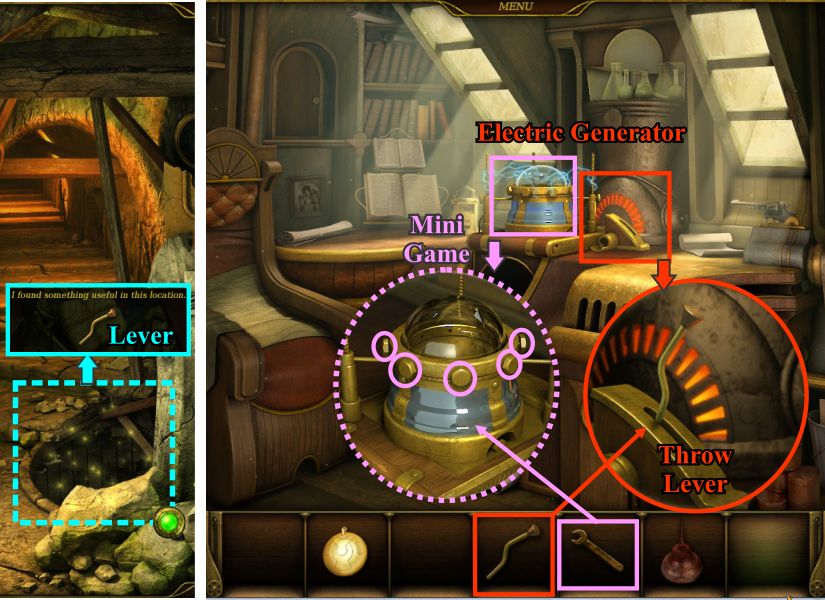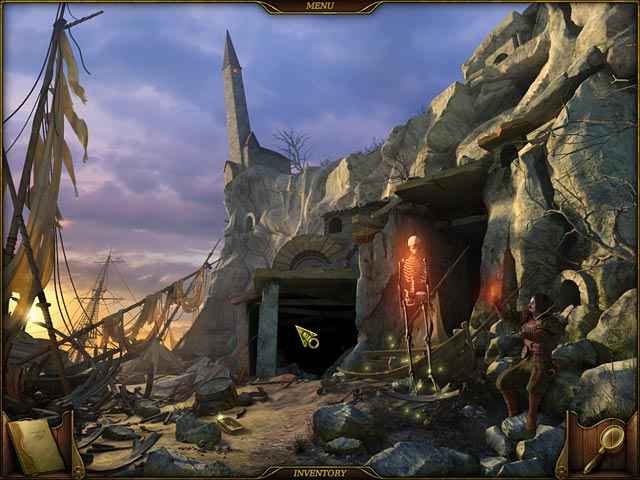
The phrase loosely translates to mean "the science of mercury," according to Wujastyk. It is still referred to as the "mushroom of immortality" and has been used in Chinese medicinal practices as a potent hot water extract for nearly 2,000 years.Įarly cultures in India, starting around 400 BCE and continuing on to 800 AD, practiced ayurvedic rasayana, an early version of alchemy. "Although historical accounts referring to 'rivers of mercury' flowing through the tomb of the first Qin emperor may have been exaggerated, archaeological surveys have confirmed the presence of elevated levels of mercury in the soil around the tomb site," said Wujastyk.Ĭhinese mythology is also rife with images of Ling Zhi, a species of mushroom found throughout much of Asia. Ancient Chinese chemists believed that the demonstrated instability of mercury indicated "spiritual significance." In ancient China, Taoists believed that certain chemicals and minerals like mercury and cinnabar (an ore of mercury, bright red in color) had miraculous qualities. The earliest known attempts to create an elixir of life rather than just refer to it in mythology took place in ancient China during the Qin dynasty (during the first and second centuries BCE), according to Dagmar Wujastyk. Historians believe that the ancient idea of ambrosia would have been based on honey, although the Ancient Greek poet Ibycus called it "nine times sweeter than honey."

It was believed that ambrosia could heal scars, cure diseases, raise people from the dead, and banish death completely. The ambrosia came from the horns of Amalthea, the goat (or goatherd) foster mother of Zeus. The ancient Greeks believed that what the gods ate and drank gave them immortality. He adds, stating the obvious, that "Claims of immortality have never been proven to be true."Īmong the many mythologies of the ancient Greeks, perhaps one of the most famous is that around ambrosia, the so-called ectar of the gods. Dagmar Wujastyk, a professor at the University of Vienna and expert in the history of classical medicines said.

"Why do people believe in things they can't prove or that seem illogical? We may never know," Dr.


 0 kommentar(er)
0 kommentar(er)
